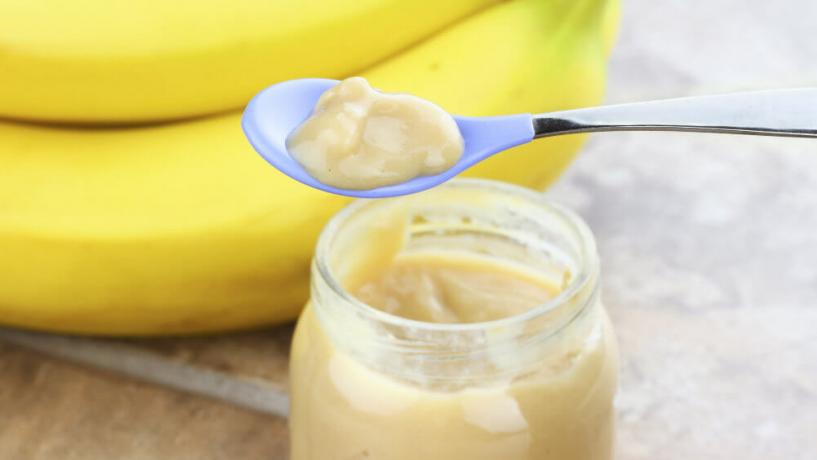Although everyone can be susceptible to food borne illness and infection by dangerous bacteria associated with food poisoning, babies and infants are at an especially high risk.
They don’t have immune systems that are fully developed, so it’s important that special care be taken to ensure baby food is safe to consume.
The Importance of Washing Your Hands
Health and childcare experts agree that one of the most important things you can do to make sure you don’t contaminate your child’s food is to adopt frequent hand washing habits. Your hands can pick up germs from any number of sources and be transferred to baby food as a result. These sources include diapers, pets, dirt, and various high risk raw foods.
Preserving the Integrity of Baby Food
Always be careful when selecting baby food containers. Only feed your baby from jars where the safety button located on the lid remains down. The safety button ensures that the jar is still airtight and has not been exposed to contamination risks via a faulty seal. If you use baby food pouches, avoid options that appear bloated or that have sprung leaks.
Don’t ever double-dip baby food, as this can result in bacterial contamination just as easily as with the horror stories you hear about chip-and-dip bowls at parties. Don’t feed your baby directly from the jar and don’t save baby food from bowls that your baby has eaten from and didn’t finish. Simply throw away uneaten portions to avoid bacterial growth.
Also be sure to observe safe practices in regards to storage of baby food. Never leave food out for more than two hours at a time. Also be sure that you’re not storing opened baby food in your refrigerator for more than 3 days. Should you be in doubt about a given batch of food, it’s safer to just throw it out.

